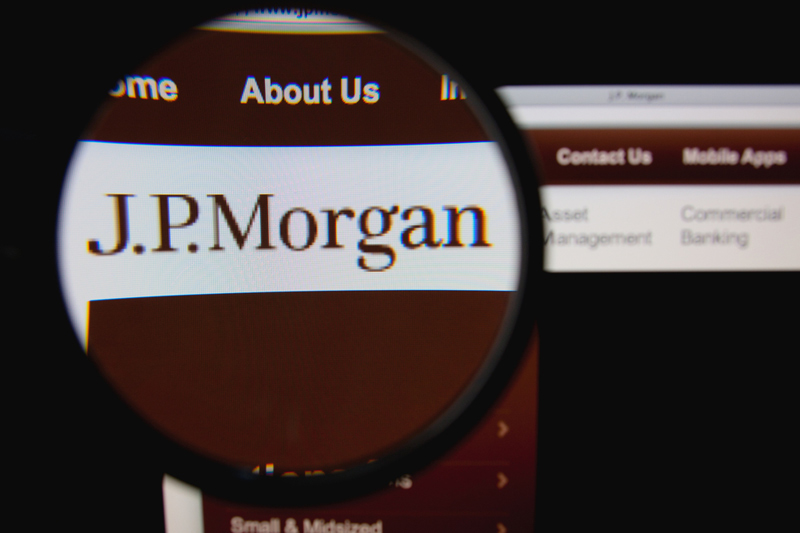By Reuters - (Reuters) - JP Morgan Chase & Co is processing a payment from Russia's embassy in Kazakhstan to insurance agency Sogaz, easing tension after Moscow accused the U.S. bank of illegally blocking the transaction under the pretext of sanctions.
Russia's Foreign Ministry said on Tuesday the "unacceptable, illegal and absurd" act of blocking the payment would have consequences for the U.S. Embassy in Russia.
The confrontation threatened to further strain ties between Washington and Moscow, locked in the worst standoff since the Cold War over Russia's annexation of Ukraine's Crimea region.
"Following consultation with our regulators, we are processing this transaction," JPMorgan said in a statement.
Last month, Washington imposed sanctions, including visa bans and asset freezes, against several Russians close to President Vladimir Putin and against Rossiya Bank, which it said was the "personal bank" for the leader's inner circle.
The destination for the embassy payment was insurance agency Sogaz, which is 48.5 percent owned by Abros, a wholly-owned subsidiary of Bank Rossiya.
Industry consultants in Moscow say financial institutions are unclear about how to apply the new rules in some situations, such as when dealing with subsidiaries of companies which have either been sanctioned or which have shareholders that have been punished.

Several Western investors and their banks are facing quandaries over individual situations.
Guidelines on the U.S. Treasury department's website from the U.S. Office of Foreign Assets Control says that property which is more than 50 percent owned by a person on the sanctions blacklist is affected and advises acting "with caution" when ownership interests are less than 50 percent.
"It is up to private companies and lawyers to figure out who is subject to sanctions," said one Moscow-based lawyer. "Of course (a U.S. bank) is more scared of the American (authorities than the Russian ones)."
COSTLY
Falling foul of U.S. authorities can be extremely costly.
BNP Paribas, France's biggest listed bank, in February set aside $1.1 billion for a possible fine for breaching U.S. sanctions on countries including Iran.
Sogaz said in a statement last month that Abros had decreased its shareholding to 48.5 percent, but did not specify the shareholding level prior to the decrease.
"Sogaz doesn't have any shareholders holding more than 50 percent of the company shares directly or indirectly, so we see no reason for Sogaz to be included in the U.S. sanctions," a Sogaz representative said in emailed comment late on Wednesday.
The confusion around sanctions caused Visa and Mastercard to briefly cut off services for clients at Russia's SMP bank, whose main shareholders were affected by U.S. sanctions, before resuming them shortly after.
Russia's accusation could damage relations the bank has with the Russian authorities. JPMorgan generated $55.6 million in investment banking fees in Russia last year, with a 7 percent market share, according to Thomson Reuters data. Worldwide, JPMorgan recorded $6.4 billion in investment banking fees last year, according to the company's annual report.
JPMorgan is the biggest U.S. bank by assets and for its size it does relatively little lending in Russia. At year-end, its loans and trading positions at risk to Russia totaled $5.4 billion compared with the company's total assets of $2.4 trillion.
JPMorgan is one of a number of Western banks operating in Russia. Others which have a presence here include Goldman Sachs, Bank of America, Citigroup and Morgan Stanley.
(Additional reporting by Alexei Anishchuk; Editing by Maria Kiselyova, Elizabeth Piper and Angus MacSwan)
